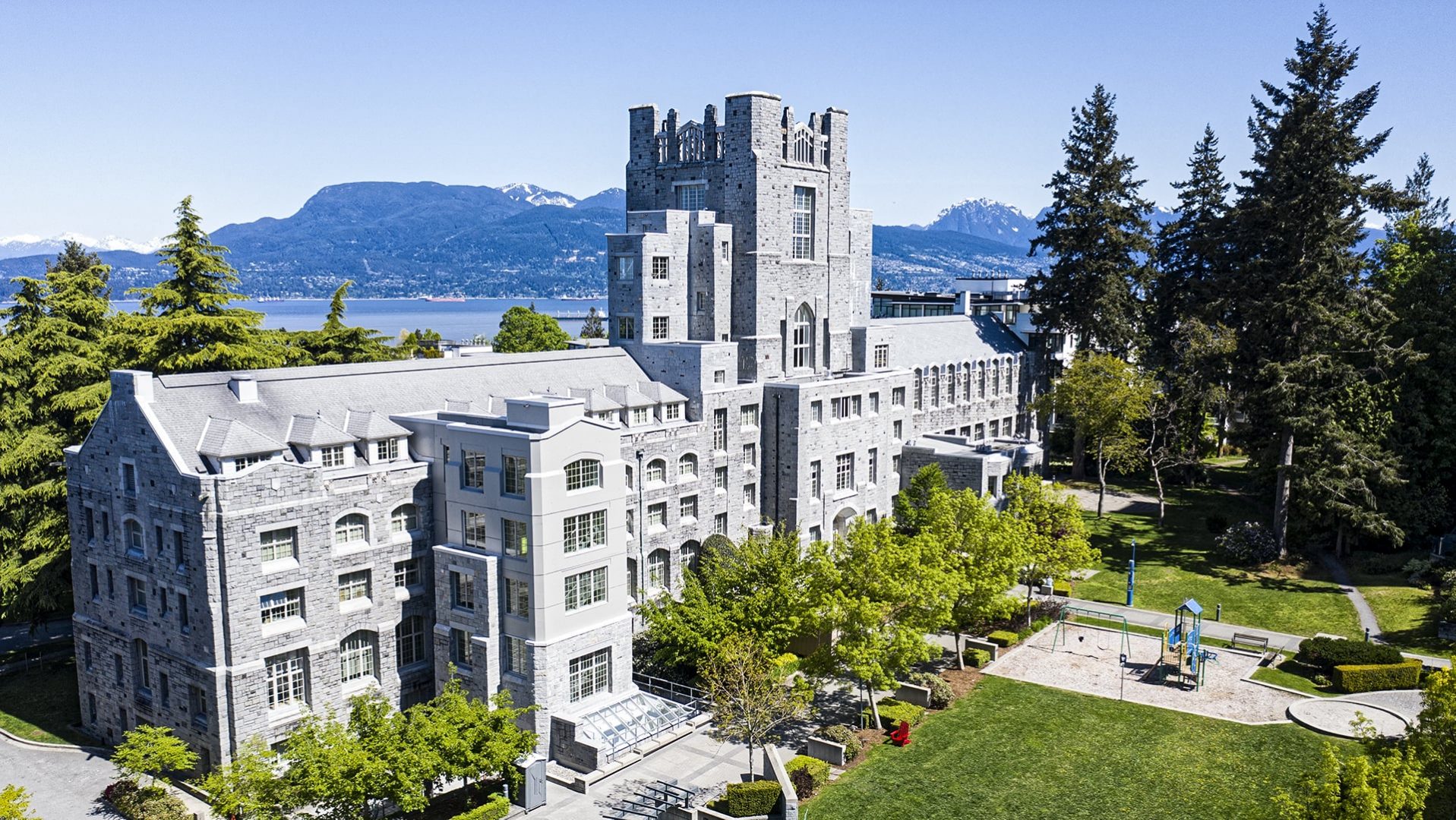Our Strategic Plan 2018-2022
The UNA’s Strategic Plan is the foundation and compass for all decisions and projects. The 2018-2021 Strategic Plan has been extended for another year given the uncertainty that the COVID-19 pandemic presents to the UNA.
 CANCEL SEARCH
CANCEL SEARCH
Easter Long Weekend Facility Hours
Please note that UNA facilities will have modified operating hours on Good Friday and Easter Monday. Learn more here.

April 21, 2021 Update: During the April 20, 2021 Board Meeting, the UNA Board voted to extend the current strategic plan for another year given the uncertainty that the COVID-19 pandemic presents to the UNA.
This is the UNA’s first Strategic Plan, developed by the Board and senior management over a number of months. The size of the community and the complexity of the issues facing it requires a new approach to address them. This is a practical plan, rooted in concrete actions that will be developed annually as mechanisms to meet the goals defined below. There is no shortage of good ideas or initiatives that would benefit the community as a whole. Every municipal-like entity whether it is a not-for-profit, a municipal council, or a regional district, is facing difficult decisions to ensure limited resources are appropriately allocated. This is a critical step for the UNA as it evolves to meet community needs.
The four strategic directions are listed below with goals under each heading. They are not listed in any priority order as all four areas will be addressed over the next three years. The strategies will inform the actions taken to achieve the goals. Each year, as part of the planning and budget process, an annual work plan will be developed in parallel with the budget process to ensure that resources are allocated to priorities and any new initiatives or projects are appropriately resourced. Community and stakeholder engagement is a key element.
Please Note: This strategic plan is designed to be dynamic and adapted. A record of changes follows below to ensure that the core content is accurately reflecting our current position.
Explore opportunities to evolve governance to meet the changing needs of a growing population and community, including a review of the decision-making mechanisms of the UNA to ensure the organization can respond to community needs.
Strategy:
Review decision-making mechanisms of the UNA to ensure they meet the needs of a growing community
Goals:
Explore opportunities to address the cost of core services to meet community needs, potential revenue generation, and the alignment of resource allocation with the mandate and identified priorities.
Strategy:
The UNA will be financially sustainable over the long term.
Goals:
Continue the foundational work to streamline processes, build staff skills and ensure there are adequate resources to support the Board and the UNA in meeting its mandate.
Strategy:
The UNA will have the administrative resources and processes in place to deliver mandated services and support the work of the Board.
Goals:
Identify and implement initiatives and processes to identify community needs and engage the community in ways that support the UNA’s vision of being “The place people choose to live.”
Strategy:
Improve civic engagement to support evidence-based decision making that is aligned with the UNA’s mandate.
Goals:
Tracked Changes
Changes made February 25, 2019:
D.3) Updated the committees named to provide clarity and accuracy.
D.4) Updated to accurately reflect current efforts.